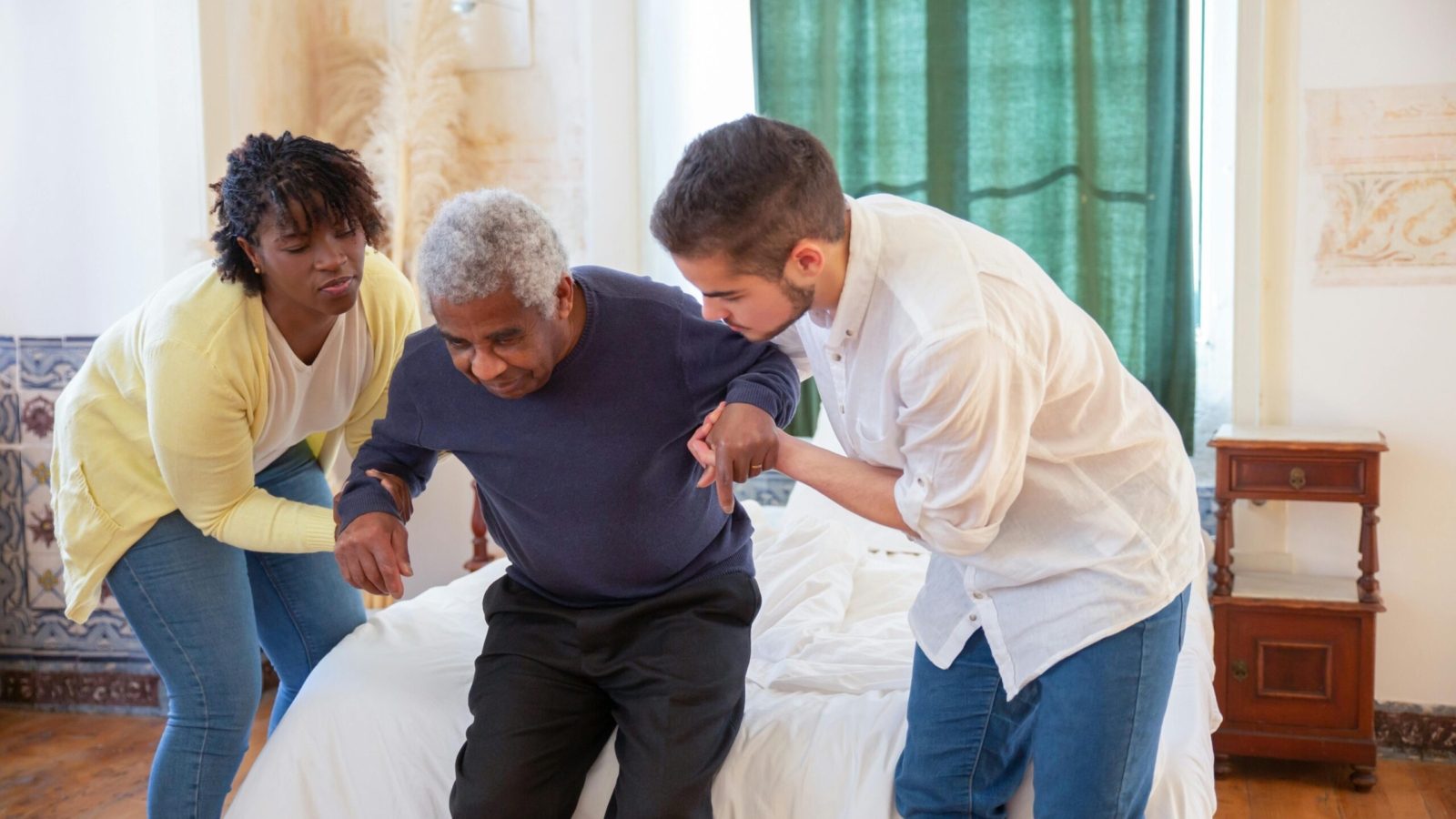As people age, their needs change, and providing the right care becomes essential for maintaining their quality of life. Elderly care goes beyond basic assistance; it’s about ensuring comfort, dignity, and emotional well-being for seniors in their golden years. Whether you’re a family member or a professional caregiver, understanding the key aspects of elderly care can make a significant difference.
Why Is Elderly Care Important?
Elderly care plays a vital role in:
- Promoting independence while offering necessary support.
- Ensuring physical health through proper nutrition, exercise, and medical attention.
- Addressing mental and emotional needs to combat loneliness, anxiety, or depression.
- Enhancing overall quality of life by creating a safe and supportive environment.
Types of Elderly Care
There are various types of elderly care, tailored to meet individual needs:
1. In-Home Care
In-home care allows seniors to stay in the comfort of their homes while receiving help with daily tasks like cooking, cleaning, and personal hygiene. This option is ideal for those who value their independence but need occasional or regular assistance.
2. Residential Care Homes
Care homes provide round-the-clock support, including medical attention and social activities. They are a great option for seniors who require more comprehensive care.
3. Respite Care
Respite care offers temporary relief for family caregivers, allowing them to take a break while ensuring their loved ones are well cared for.
4. Specialized Care
This includes dementia care, palliative care, or care for chronic conditions. Specialized caregivers are trained to handle unique challenges with expertise and compassion.
Essential Elements of Elderly Care
1. Health and Well-being
- Regular Check-ups: Ensure seniors attend routine medical appointments.
- Balanced Diet: Provide nutritious meals tailored to their dietary needs.
- Exercise: Encourage gentle physical activity like walking or yoga to maintain mobility and strength.
2. Emotional Support
- Spend quality time with seniors to reduce feelings of isolation.
- Encourage hobbies and social interactions to boost mental health.
- Be patient, understanding, and empathetic to their concerns.
3. Safety
- Modify living spaces to prevent falls (e.g., installing handrails and removing trip hazards).
- Ensure medication is taken as prescribed.
- Keep emergency contacts and medical records easily accessible.
4. Respect and Dignity
- Involve seniors in decisions about their care.
- Respect their privacy and preferences.
- Acknowledge their wisdom and life experiences.
Tips for Caregivers
- Educate Yourself: Learn about aging, common health conditions, and caregiving techniques.
- Take Care of Yourself: Caregiving can be demanding; ensure you have time to rest and recharge.
- Seek Support: Join caregiver support groups or seek professional advice when needed.
- Communicate: Regularly check in with the senior and other family members to ensure everyone is on the same page.
The Role of Professional Elderly Care Services
Professional elderly care services, Like us El-Roi Healthcare Resources, provide tailored support to meet the unique needs of seniors. From in-home care to specialized services, professional caregivers are trained to deliver high-quality care with compassion and respect.
Conclusion
Caring for the elderly is both a responsibility and a privilege. By focusing on their physical, emotional, and social needs, we can help them enjoy their later years with dignity and comfort. Whether you’re a family caregiver or seeking professional assistance, remember that the ultimate goal is to ensure the well-being and happiness of your loved ones.
At El-Roi Healthcare Resources, we are dedicated to providing exceptional elderly care services that make a difference. Contact us today to learn more about how we can support you and your family.


Add a Comment